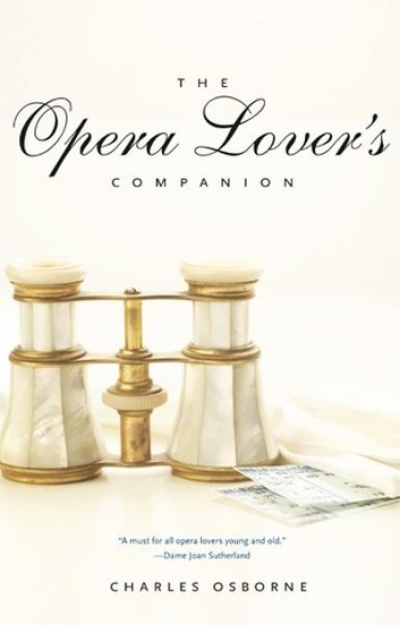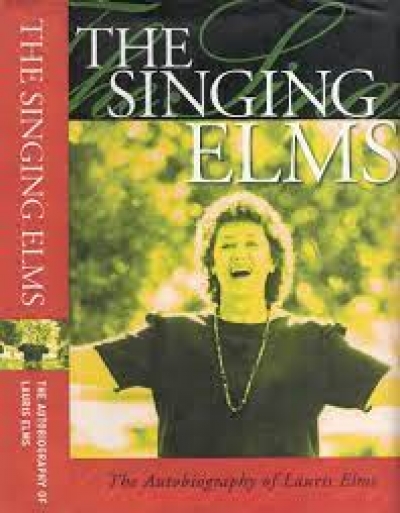Charles Osborne, who was born in Brisbane in 1927 and moved to London in 1953, is a prolific writer, broadcaster and opera critic. His latest offering, The Opera Lover’s Companion, sets out to guide its reader through 175 of the world’s most popular operas. Osborne correctly states that ‘the staples of the operatic diet today are the major works of five great composers – Mozart, Verdi, Wagner, Puccini, and Strauss’ – and certain works by other luminaries. The operas of sixty-seven composers are included, but that core quintet gives us almost a third of the operas in this volume. Interestingly, in opera’s four hundred-year history, the vast majority of the most frequently performed works fall within the period between Mozart’s first featured opera, Mitridate, rè di Ponto (1770) and Strauss’s last, Capriccio (1942).
As with The New Kobbé’s Opera Book (1997), the list reveals a re-evaluation of many previously neglected operas, in particular some lesser-known works of Handel, Rossini, Donizetti, Massenet, and Strauss, which have enjoyed a renaissance in recent years. Doubtless this also reflects the dearth of modern operas and the scarcity of contemporary composers who know what their audiences want. Any opera company ignoring box office appeal does so at its peril, and a book such as this should be mandatory reading.
...
(read more)


